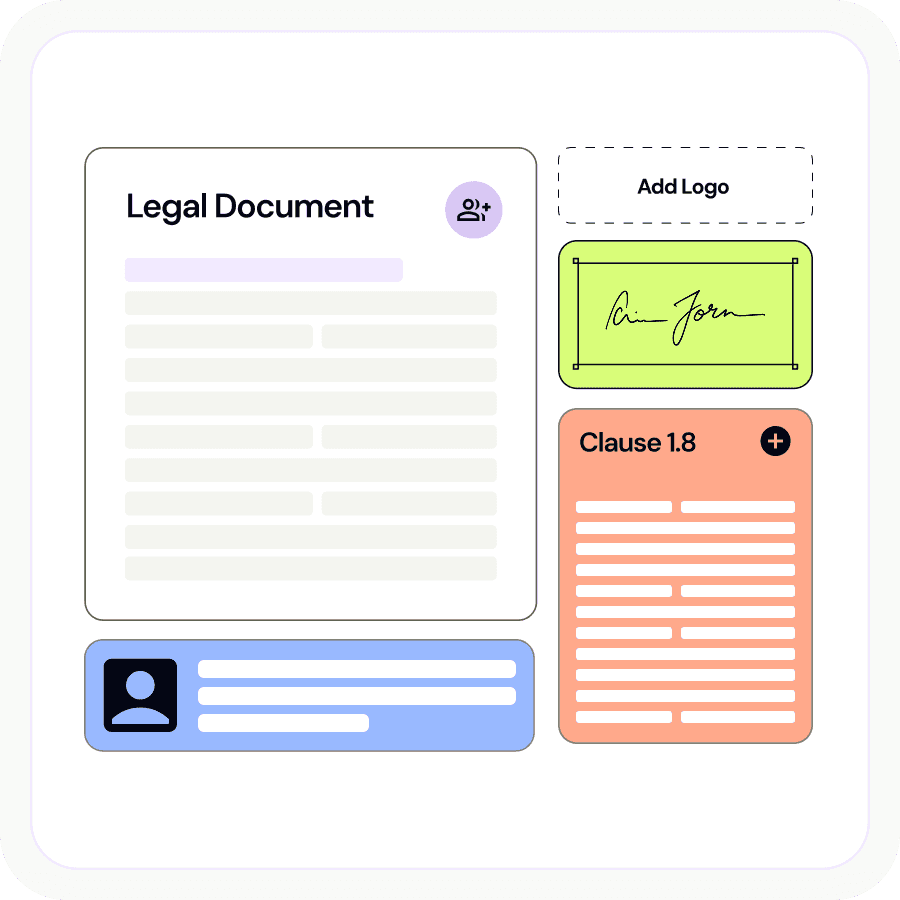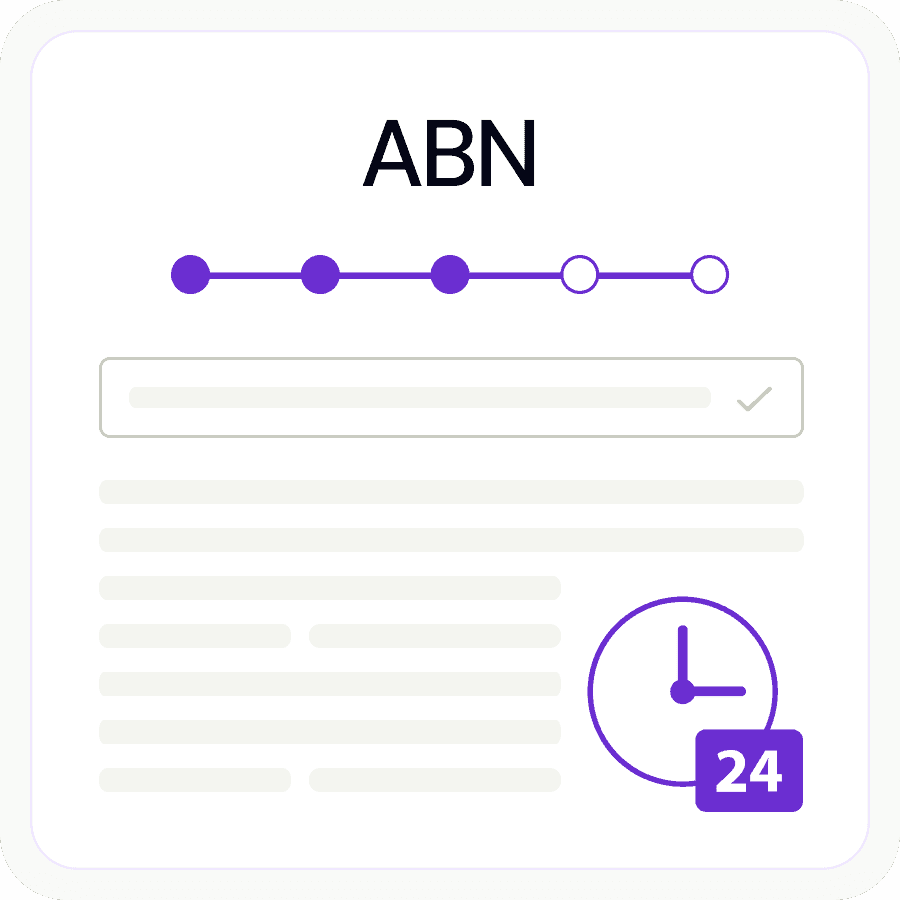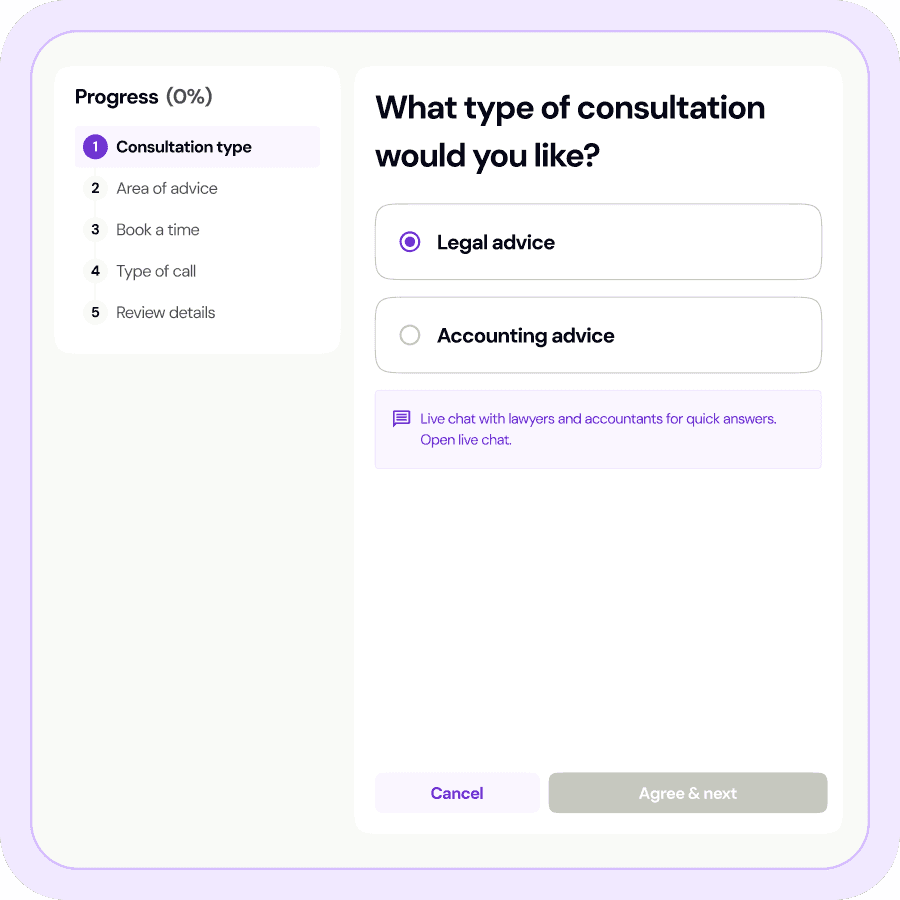Babysitting in Australia is no longer just a casual weekend gig for teenagers — it can be a flexible, high-demand business with real earning potential and room to scale. Families increasingly seek reliable childcare support through professional babysitting services.
Wondering how you can start a babysitting business in Australia? Whether you’re looking to supplement your income or build a thriving agency, it’s essential to consider legal and taxation details from the get-go.
This guide will walk you through every step, from deciding if babysitting is right for you to legal compliance, pricing, marketing, and tax. Let’s get started.
Table of Contents
Decide if babysitting is right for you
Before diving in, it’s important to assess whether babysitting suits your skills, personality, and business goals.
Do you have the following essential traits for a babysitter?
- Responsibility: Families trust you with their most precious assets, their children. Reliability and sound judgment are non-negotiable.
- Communication: Clear, friendly, and professional communication with both children and parents is vital.
- Experience with kids: While formal qualifications aren’t required, having a formal license or police checks in place can help put parents at ease, ensure you have the right qualifications, and protect your business.
- Patience and flexibility: Every family and child is different. You’ll need to adapt quickly and handle unexpected situations calmly.
Babysitting vs nannying vs childcare centre work
Babysitting is typically more flexible and less regulated than formal childcare or nannying, but it’s still a business, and you must run it professionally. The table below outlines the key differences.
| Service Type | Setting | Regulation Level | Typical Hours | Business Model Options |
| Babysitting | The family’s home | Moderate (working with children check, insurance, business law) | Casual, ad hoc, evenings/weekends | Solo, agency, or small business |
| Nannying | The family’s home | Higher (may need extra checks, contracts) | Regular, ongoing | Employed or contracted |
| Childcare centre | Dedicated premises | Very high (licensing, staff ratios, curriculum) | Full-time, regulated | Large business, strict licensing |
Can you run a babysitting business from home?
Most babysitting work happens at the client’s home. If you want to care for children in your own home, you’ll need to check local council zoning rules. You may need to register as a family day care provider, which comes with additional licensing, safety, and compliance requirements.
For most sole traders, operating as a mobile babysitter is the simplest and most compliant option.
Understand the legal requirements for babysitting in Australia
Babysitting businesses must comply with a range of legal obligations to protect children, families, and themselves.
Do I need an ABN to start babysitting?
If you’re earning income from babysitting regularly, you need an Australian Business Number (ABN). This applies whether you’re a sole trader, a partnership, or a company.
Registering for an ABN is straightforward and essential for invoicing, tax, and compliance purposes.
Working with Children Check (WWCC)
A Working with Children Check (WWCC) is mandatory in every state and territory for anyone working with children, including babysitters. Each state has its own regulator and process, so check your local requirements.
- New South Wales (NSW): Apply for a Working with Children Check – Service NSW
- Victoria (VIC): Working with Children Check Victoria
- Queensland (QLD): Blue Card Services – Queensland Government
- Western Australia (WA): Working with Children Check – Department of Communities WA
- South Australia (SA): Working with Children Check – Department of Human Services SA
- Tasmania (TAS): Working with Vulnerable People Registration – Service Tasmania
- Australian Capital Territory (ACT): Working with Vulnerable People – Access Canberra
- Northern Territory (NT): Working with Children Clearance (Ochre Card) – NT Government
Note that some checks can take several weeks to process, so apply early.
Insurance for babysitters
While not always legally required, you are strongly advised to get public liability insurance. It covers injury or property damage that might occur while you’re working.
Professional indemnity insurance is also worth considering, especially if you plan to run an agency or hire others.
If you operate as a company or employ staff, you may need additional cover such as workers’ compensation.
Register your babysitting business
Setting up your babysitting business correctly from the outset is essential for legal compliance, professionalism, and future growth. Here’s how to get started.
1. Choose the right business structure
Your business structure will impact your tax, liability, and opportunities for growth.
Most babysitters start as sole traders because it’s simple and easy to manage; you operate under your own name, keep all profits, and handle your own tax.
If you plan to expand, hire staff, or want extra protection for your personal assets, consider setting up a proprietary limited (Pty Ltd) company.
Partnerships are another option if you’re going into business with someone else, but remember all partners share responsibility for debts.
2. Register your business name
If you want to operate under a name other than your own, you’ll need to register that business name with the Australian Securities and Investments Commission (ASIC). This helps you look professional and protects your brand identity.
Check that your preferred name isn’t already in use or trademarked, then complete the registration online.
3. Apply for an ABN (Australian Business Number)
Anyone earning regular income from babysitting must have an ABN, regardless of the business structure.
You can apply for an ABN online or with the help of an agency like Lawpath. Having an ABN enables you to issue invoices, register your business name, and manage your tax obligations.
4. Register for GST (if required)
You only need to register for Goods and Services Tax (GST) if your annual turnover exceeds $75,000 (as of 2025).
Most babysitters won’t need to do this when starting out, but if your business grows, you’ll need to register and start charging GST on your services.
5. Consider other registrations and protections
Depending on your plans, you might also want to:
- Set up a business bank account to keep finances separate.
- Check if you need additional licences, especially if caring for children in your own home.
- Review your home setup for safety and suitability if you plan to offer care at your residence.
- Consider obtaining a first aid qualification in case of medical emergencies.
Platforms like Lawpath can help you handle all your registrations in one place, from business names and ABNs to legal templates and compliance tools tailored for babysitting businesses.
Set your pricing and policies
Setting the right rates and policies is key to attracting clients and ensuring your business is sustainable. Several factors influence how much you can charge for babysitting, including your experience and qualifications, the number and age of children you’re caring for, and your location.
Rates tend to be higher for sitters with more experience or formal training, for looking after multiple children or infants, and in major cities compared to regional areas. Additionally, you may charge higher fees for services provided during evenings, weekends, or overnight.
Market rates typically range from $20–$35 per hour, but check platforms like Care.com or Mable for up-to-date local benchmarks.
In addition to setting your prices, you’ll need some policies to protect your business. Here are a few to keep in mind.
- Cancellation policy: Set clear terms for late cancellations to protect your income.
- Late fees: Charge extra for late pickups to encourage punctuality.
- Minimum hours: Require a minimum booking (e.g., two hours) to make jobs worthwhile.
Having a written babysitting agreement or terms of service helps ensure everyone is on the same page from the start.
Promote your babysitting business legally
Once you’ve set up the basics of your business, it’s time to onboard clients. For this, marketing is essential, but you must do it within legal and platform guidelines.
- Create profiles on platforms: List your services on Airtasker, Mable, or local Facebook groups (but always check each platform’s rules about advertising and service delivery).
- Build a simple website: A professional website builds trust and makes it easy for families to find you. Use clear Website Terms of Use and a Privacy Policy to comply with Australian law, especially if you collect enquiries or bookings online.
- Leverage word-of-mouth: Ask happy clients for referrals and testimonials.
- Use local community boards: Advertise in schools, community centres, and local businesses. For a digital alternative, promote your business on mom or nanny groups on Facebook and other types of social media.
Keep track of income and tax
After you start making money from your babysitting business, it’s crucial to stay on top of your finances. This applies to any business size and income volume, no matter how big or small.
Keeping receipts and invoices
First off, track every dollar that comes in and goes out.
- Keep copies of all invoices you issue to clients, whether digital or paper.
- Store receipts for any business-related purchases, such as supplies, insurance, or advertising.
- Consider using simple accounting software or a spreadsheet to record transactions and categorise expenses.
Organised records will make tax time much easier and help you claim all eligible deductions.
Understanding GST obligations
Remember that you only have to register for GST if your annual turnover exceeds $75,000.
- If you earn less than this threshold, you don’t need to register for or charge GST (although you can do so voluntarily).
- If your business grows and you expect to earn more than $75,000 in a year, you must register for GST and include it in your service charges.
Be sure to monitor your income regularly so you can register promptly if you approach the threshold.
Claiming deductible expenses
Running a babysitting business comes with a range of deductible expenses that can reduce your taxable income.
Common deductions include:
- Transport costs (travel to and from clients’ homes)
- Insurance premiums
- Equipment and supplies (first aid kits, toys, cleaning products)
- Marketing and advertising expenses
- Professional development or training courses
Keep detailed records and receipts for all these expenses to substantiate your claims. While you can claim certain expenses without a receipt, you will need records for most deductions, especially if there is an audit in the future.
Using tax compliance tools and support
Managing your tax and compliance doesn’t have to be overwhelming. You can use online platforms or seek out professional partners to help with:
- Bookkeeping and accounting
- BAS (Business Activity Statement) preparation if registered for GST
- Tax return lodgement
- Staying up to date with changing tax rules
With the right systems in place, you’ll keep your babysitting business finances compliant and stress-free.
How to start a babysitting business in Australia: A recap
Starting a babysitting business in Australia is a rewarding way to earn income, help families, and build a flexible career. By following the steps in this roadmap — planning carefully, meeting legal requirements, setting clear policies, and marketing professionally — you’ll set yourself up for long-term success.
For expert help with registrations, agreements, and compliance, Lawpath makes the legal side simple, so you can focus on what you do best: providing exceptional care for children and peace of mind for parents.









